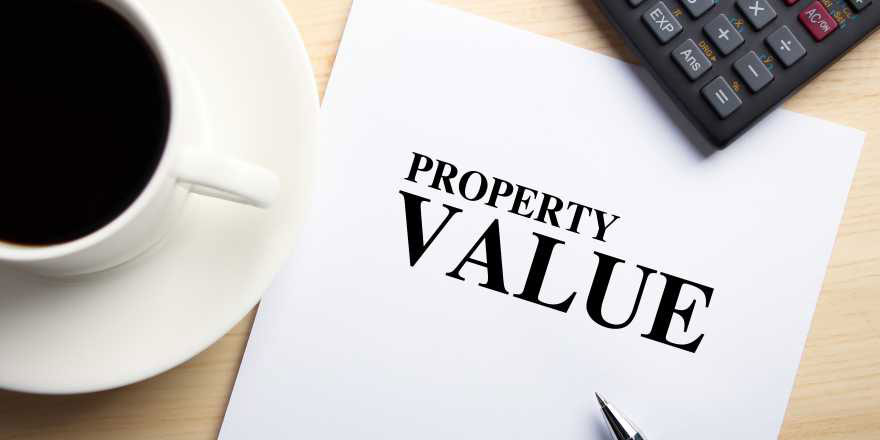
Real Estate tax update
Canada Revenue Agency (CRA) has taken substantial changes to control real estate transactions. In recent years, CRA has increased its real estate audits, particularly in the Greater Vancouver and the Greater Toronto areas, where increased real estate speculation impacted the market.
Tax Impartiality and Honesty
There is a change to make sure aimed at making sure only eligible home owners claim a principal residence exemption from paying taxes on capital gains. For this reason, taxpayers are now responsible to report the sale of principal residences to the CRA.
CRA combats tax evasion by establishing relationships with provinces, territories and municipalities to expand, obtain and exchange information on real estate transactions.
Most risk areas in real estate transactions
1. Source of funds. The sources of funds used to buy or maintain Canadian properties could be an unreported spring of money that was never taxed, either in Canada or another country. In certain circumstances, a large down payment on a home, or a property that is expensive to maintain, may indicate
• Unreported income, if the lifestyle of the buyer isn’t compatible with the income reported,
• Tax evasion
• Purchase of real estate by a low-income person on behalf of a well-off buyer.
The CRA can establish correlations between a taxpayer’s reported income and his or her lifestyle. The acquisition of expensive assets, without a source of income, can be an indicator of potential unreported income.
2. Property flipping. People, including real estate agents, who buy and resell homes in a short period for a profit are engaged in what is known as “property flipping.”
The profits from flipping real estate are generally considered to be fully taxable as business income, but there may be circumstances where they’re considered capital gains.
3. Unreported GST/HST. Generally, the builder of a new or substantially renovated home must charge and collect GST/HST when the home is sold and report that tax to the CRA.
If you buy or build a new home in Canada, but your principal place of residence is outside Canada, the house in Canada would be a secondary place of residence and wouldn’t qualify for the new housing rebate.
4. Unreported capital gains on the sale of property. Selling a property for more than it cost generally leads to capital gain. In most cases, capital gains are taxable and must be reported.
Whether the gain is taxable depends on whether the property is a principal residence or whether the seller is a resident or nonresident of Canada. Consult with your tax advisor.
5. Unreported worldwide income. Residents must report their worldwide income. Nonresidents have to report only Canadian-sourced income, unless a tax treaty provides otherwise. Your tax advisor can discuss how residency is determined.
If you are involved in real estate, regardless of the degree, consult with your tax advisor to help ensure you are complying with CRA rules. And if for any reason you reported such income incorrectly, you advisor can help you file an amended return.
Source: Segal LLP
Newsletters
No Results Found
The page you requested could not be found. Try refining your search, or use the navigation above to locate the post.
Events & Sponsorship
No Results Found
The page you requested could not be found. Try refining your search, or use the navigation above to locate the post.
Articles & Publications
Canada Emergency Response Benefit
What is the Canada Emergency Response Benefit If you stopped working because of COVID-19, the Canada Emergency Response Benefit (CERB) may provide you with temporary income support. The CERB provides $500 a week for up to 16 weeks. How to apply We will start accepting...
SCAM ALERT! Beware of COVID-19 fraud
SCAM ALERT! Beware of COVID-19 fraud. The Peterborough Police Service is warning residents that scams related to COVID-19 are beginning to circulate across Ontario. Although the service has not officially received a complaint or report of the activity in its...
Ottawa extends tax deadline to June 1 due to coronavirus
Canadians will have extra time to file and pay income taxes to the Canada Revenue Agency, as the federal government looks to provide financial support for people and businesses in the midst of the coronavirus crisis. Prime Minister Justin Trudeau unveiled an $82...
Canada’s COVID-19 Economic Response Plan
The Government of Canada is taking immediate, significant and decisive action to help Canadians facing hardship as a result of the COVID-19 outbreak. On March 18, 2020, the Prime Minister announced a new set of economic measures to help stabilize the economy during...
Tax Update 2020. What you need to know before you file?
What you need to know before you file? Let’s face it, having a trusted accountant and tax preparer can help to make tax-filing less and less painful even for the do-it-yourselfers.Still, whether you’re outsourcing the work to an algorithm or an accountant, it’s always...